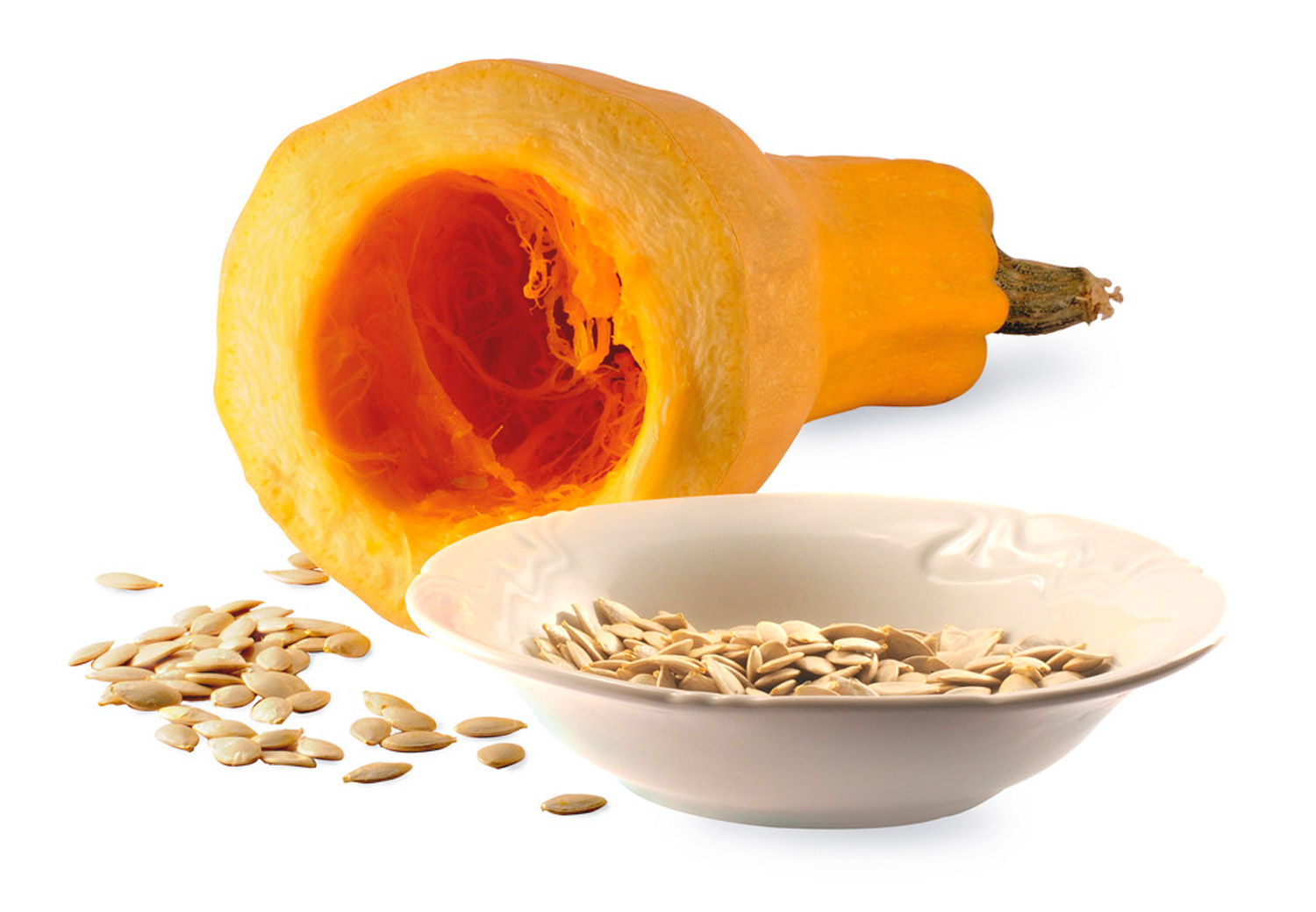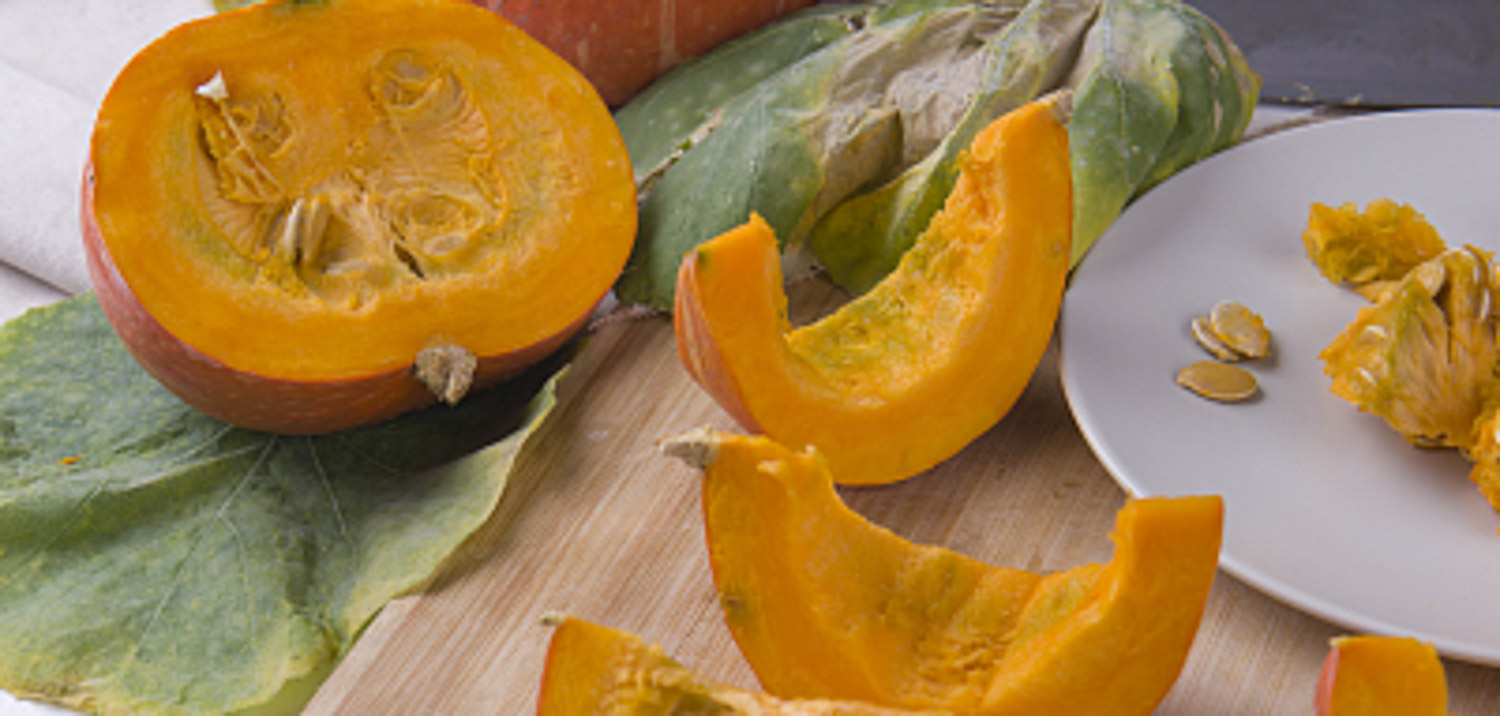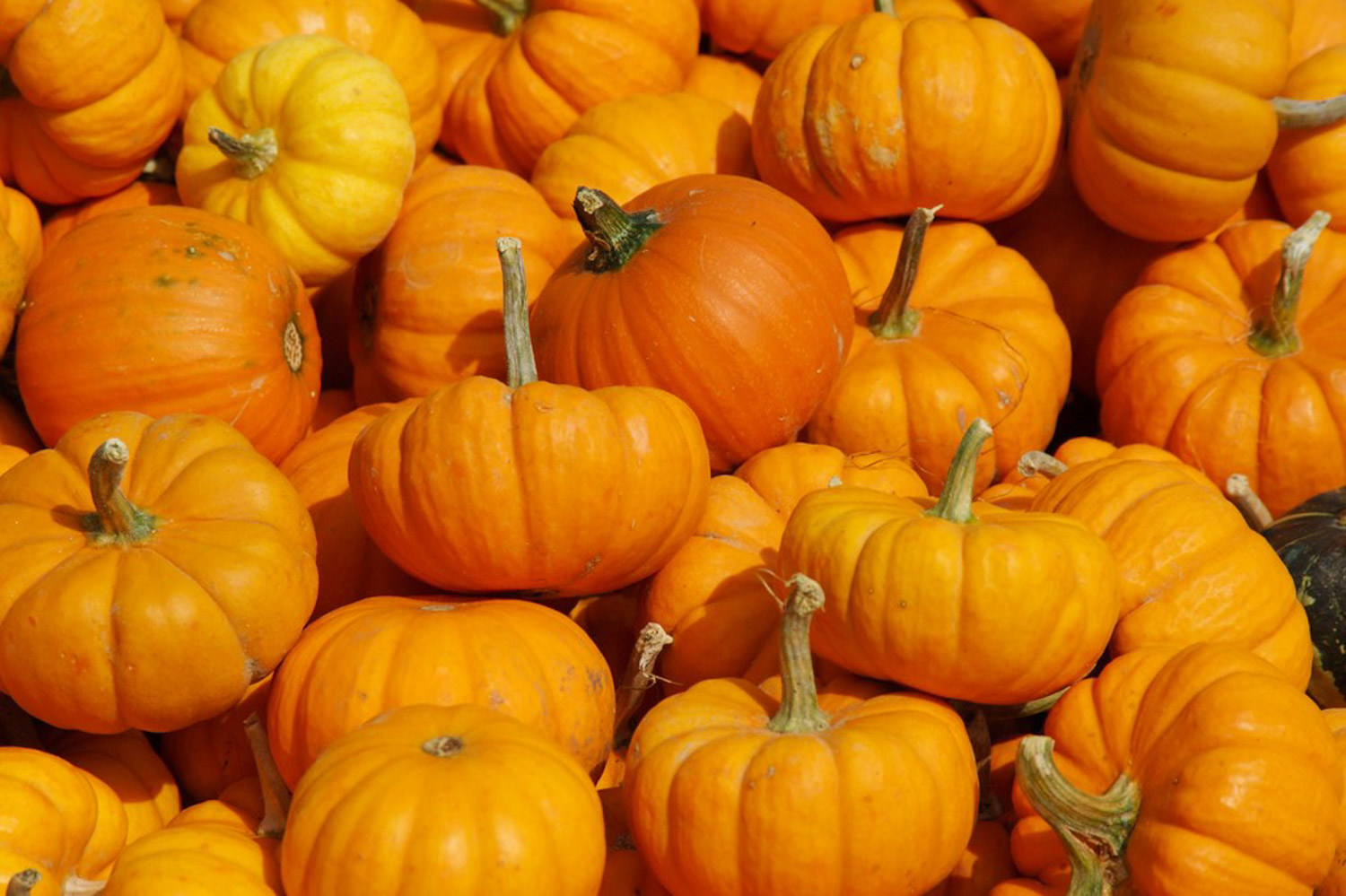1. Why is pumpkin called pumpkin
According to Li Shizhen's Compendium of Materia Medica, "pumpkin was planted in Nanfan and transferred to min and Zhejiang. It also exists in various places in Yanjing today." There are also relevant records in the Qing barnyard bills, "its seed comes from Nanpan, so it is called pumpkin." To sum up, the reason why pumpkin is called pumpkin may be because it was introduced from the south. Combined with the understanding of compendium of Materia Medica, pumpkin in China may be introduced into Fujian, Zhejiang and other places from Southeast Asia and South Asia, and then go all the way north. Up to now, it is widely planted all over the country

2. What are the benefits of eating pumpkin
Promote digestion: pumpkin is rich in cellulose, which can promote human gastrointestinal peristalsis, accelerate food digestion, and promote digestion and defecation
Beauty and eye care: pumpkin is rich in vitamin A, which can make people's skin more moist and shiny, have a good cosmetic effect, and can play a certain role in protecting eyesight

Nourishing blood and beauty: Pumpkin contains trace elements such as cobalt and iron, which have a certain function of hematopoiesis and nourishing blood. If women eat it during menstruation, it can replenish blood and beautify the skin, making the skin more ruddy and shiny
Enhance immunity: pumpkin is rich in vitamin A, vitamin E and other nutrients, which can improve the immune function of the human body, supplement the nutrients consumed by the human body, and comprehensively improve the disease resistance of the human body


 jackfruit
jackfruit snake plant
snake plant hibiscus
hibiscus hydrangea
hydrangea lavender
lavender Green roses climb al...
Green roses climb al... If you don't pay att...
If you don't pay att... Management of four g...
Management of four g...






























